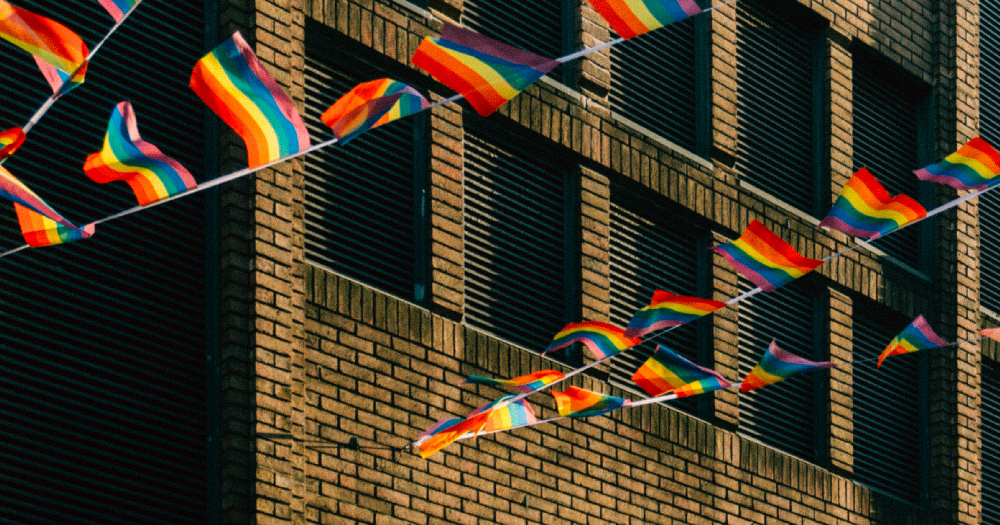ILGA-Europe’s annual Rainbow Europe Map and Index, which ranks the legal and policy situation of LGBTQ+ people in 49 European countries, finds that over the past 12 months LGBTQ+ rights have come to a standstill. The Rainbow Europe Map illustrates that this stagnation is especially true for Ireland’s LGBTQ+ legislation and policy. However, with upcoming legislative proposals and action plans in some countries, governments now have an opportunity to recreate the image of the Rainbow Map for 2022.
ILGA-Europe is an independent, international non-governmental umbrella organisation, which brings together over 600 organisations from 54 European and Central Asian countries. ILGA-Europe’s annual Rainbow Europe Map and Index has been released every year since 2009 on International Day Against Homophobia, Transphobia, Biphobia and Intersexphobia (IDAHOBIT), ranking all 49 European countries on a scale between 0% (gross violations of human rights, discrimination) and 100% (respect of human rights, full equality).
This year’s Rainbow Europe Map and Index – published on Monday, May 17 2021 – revealed that over the past 12 months there have been minimal advances in LGBTQ+ rights.
Malta occupies the number one spot on the Rainbow Europe Map for the sixth consecutive year, following Belgium, which takes second place for the fourth time, and then Luxembourg taking third for the third year.
Despite clear commitments on rainbow family recognition, not one country has moved forward on partnership or parenthood recognition. After reporting positive changes in bodily integrity or legal gender recognition for many years, there have been no changes this year for intersex and trans rights across all countries indexed apart from Iceland.
Ireland, ranking 15th out of the 49 EU countries, it scored 53% in LGBTQ+ human rights. In 2019, Ireland ranked 17th. This percentage accounts for equality and non-discrimination, family, hate crime and speech, legal gender recognition and bodily integrity, civil society space and asylum.
The map shows that the preexisting procedures, for example on legal gender recognition are worsening in Northern Ireland, as well as in Georgia, Spain and Serbia.
On the stagnation of European LGBTQ+ legislation and policy, Executive Director of ILGA-Europe, Evelyne Paradis says:
“It is deeply worrying to report an almost complete standstill on LGBTI rights and equality, especially at such a critical time for LGBTI communities. In the past year, we’ve seen increased political repression against LGBTI people, a stark rise in socio-economic hardship, and the spreading of LGBTI-phobic hatred on the streets and online across the region.
“Against this backdrop, the response from governments has to be more and better concrete action, to make sure people are more protected, not less. The human rights of LGBTI people simply cannot be something that you drop when circumstances are challenging.”
For further information on ILGA-Europe’s annual Rainbow Europe Map and Index, visit ILGA’s website.
© 2021 GCN (Gay Community News). All rights reserved.
Support GCN
GCN has been a vital, free-of-charge information service for Ireland’s LGBTQ+ community since 1988.
During this global COVID pandemic, we like many other organisations have been impacted greatly in the way we can do business and produce. This means a temporary pause to our print publication and live events and so now more than ever we need your help to continue providing this community resource digitally.
GCN is a registered charity with a not-for-profit business model and we need your support. If you value having an independent LGBTQ+ media in Ireland, you can help from as little as €1.99 per month. Support Ireland’s free, independent LGBTQ+ media.


comments. Please sign in to comment.